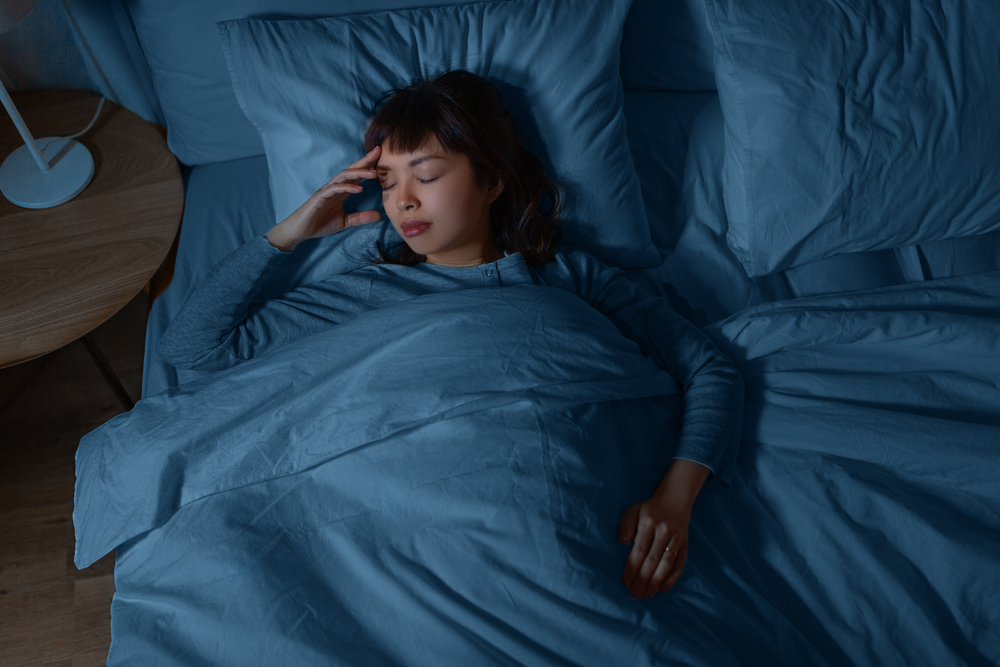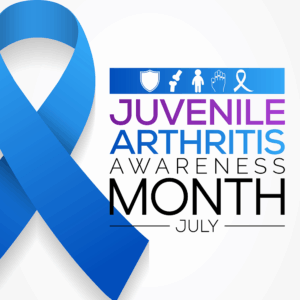In this guide from Pacific Arthritis in Los Angeles, we explain ways to help manage fibromyalgia pain and get restful sleep.
What Is Fibromyalgia?
Fibromyalgia is a chronic condition characterized by widespread tenderness and pain throughout the body. People with this disorder often experience issues with sleeping, fatigue, and mood issues. While researchers are unclear as to what causes the condition, it is believed that people with fibromyalgia have a heightened sensitivity to pain. While there is no cure for this disorder, the pain from fibromyalgia can be treated and managed.
This chronic condition affects approximately 4 million adults in the United States. While fibromyalgia affects people of all racial and ethnic backgrounds, statistically, more women have the condition than men. Studies show that people are more likely to have fibromyalgia if they have a rheumatic disease or condition that causes pain, such as rheumatoid arthritis or osteoarthritis. People with mood disorders, such as clinical depression and anxiety, are also at risk of developing fibromyalgia. Fibromyalgia can also be brought on by a stressful or traumatic event, repetitive injury to an area of the body, or a viral infection.
People with fibromyalgia may experience chronic, widespread pain throughout multiple areas of the body, including the head, chest, arms, abdomen, back, buttocks, and legs. The pain sensation has been described as a throbbing, aching, or burning feeling. People who live with fibromyalgia can also have trouble sleeping, but getting restful sleep is beneficial to managing daily pain and preventing further flare-ups of the condition.
What Are Ways For People With Fibromyalgia To Get More Restful Sleep?
1. Exercise During The Daytime
While regular exercise is a part of regular treatment for fibromyalgia, timing can be very important. Someone with fibromyalgia may feel too restless if they exercise right before bed, so it can be better to exercise during the daytime. Meditative movement therapies, such as tai chi, can be very useful as well.
2. Listen To Soothing Music Or Sounds Before Bedtime
Many people find that soothing music or white noise can help relax their minds and body enough for sound sleep. You can curate your own playlist, or enjoy listening to playlists curated by others on Spotify, YouTube, and other avenues. The white noise that can be helpful for your sleeping time can include rain, thunderstorms, ocean waves, and more.
3. Try Cognitive Behavior Therapy
For some people with fibromyalgia, cognitive behavior therapy sessions with a mental health professional can be useful. CBT can help someone with fibromyalgia interrupt negative thought patterns and greatly reduce their anxiety for more restful sleep.
4. Avoid Stimulants, Alcohol, And Exciting Activities In The Evening
For better sleep, people with fibromyalgia can avoid drinking tea, coffee, or alcohol in the evening. People that need to get up frequently to use the restroom can also reduce their intake of any liquids or beverages in the hours leading up to their bedtime. If you find that late-night movies, TV, reading, or working can make you too restless, consider saving those activities for the morning and afternoon so that you can ease into a state of relaxation during the nighttime.
5. Wind Down With A Shower Or Bath Before Sleeping
A shower or bath can be very effective in relaxing the muscles of someone with fibromyalgia. A hot bath or warm shower can be effective against the winter chill, and a cold shower can be soothing during the summer heat. The appropriate-temperature shower or bath can be a great way to reduce fibromyalgia soreness, and also relax before it is time for bed.
6. Keep Your Sleep Space Dark And Cool For Comfort
A lot of people are more likely to have sound sleep if their bedroom is cool and dark. Consider using a fan if you are a hot sleeper. If you find that bright lights are interrupting your sleep patterns, consider taking a break from your digital devices at night and avoid falling asleep with the TV on.
7. Keep a Sleep Diary
If you are consistently having trouble falling or staying asleep, it may be helpful to keep a journal of your sleep and related activities. This could include things such as:
- Bedtime/lights out time
- Wake-up time
- How long it takes to fall asleep
- How many times you wake up at night (and for how long each time)
- How many naps you take during the day
- Overall quality of sleep that day
- Any activities you do in the time before falling asleep
- Daily caffeine and alcohol use
- Daily exercise
If you have chronic pain from fibromyalgia and are interested in discussing your treatment options, consider the Pacific Arthritis center. Pacific Arthritis is glad to serve the Greater Los Angeles area with telemedicine, infusion therapy, and ultrasound. Pacific Arthritis has two locations, in Los Angeles and Santa Monica, to serve patients. To ask how we can help, call 310-297-9221 today.






